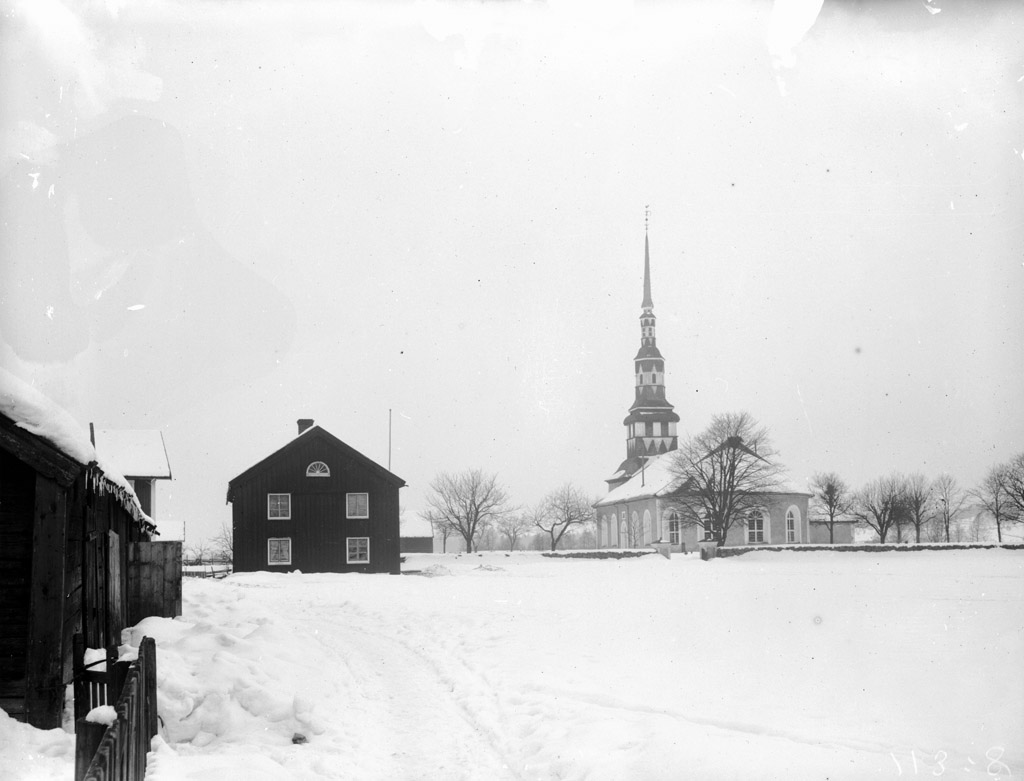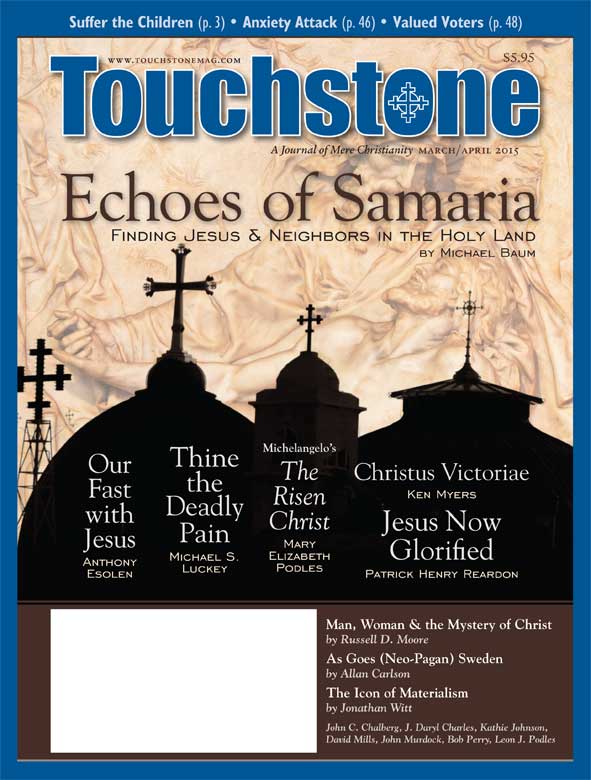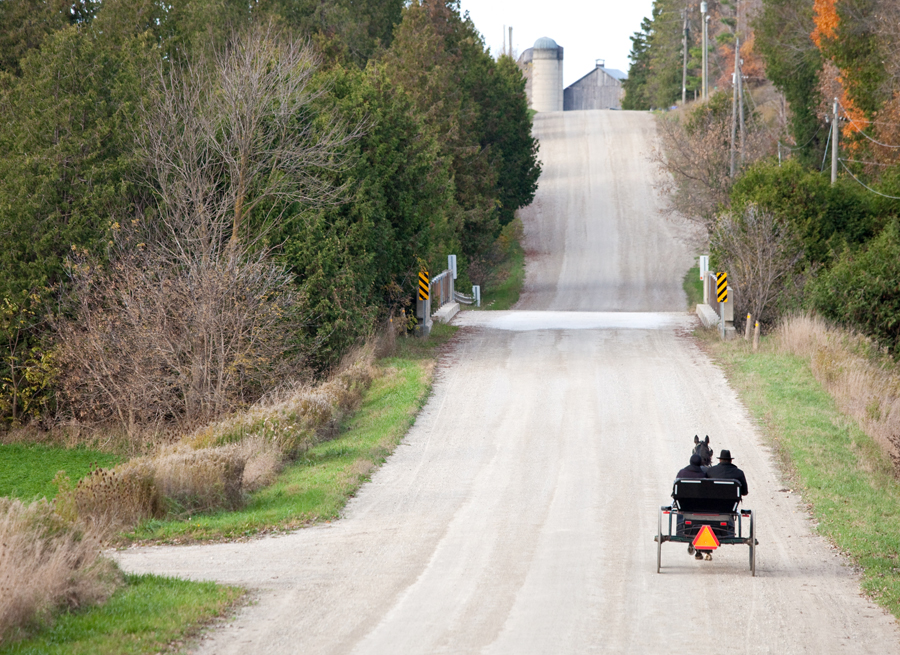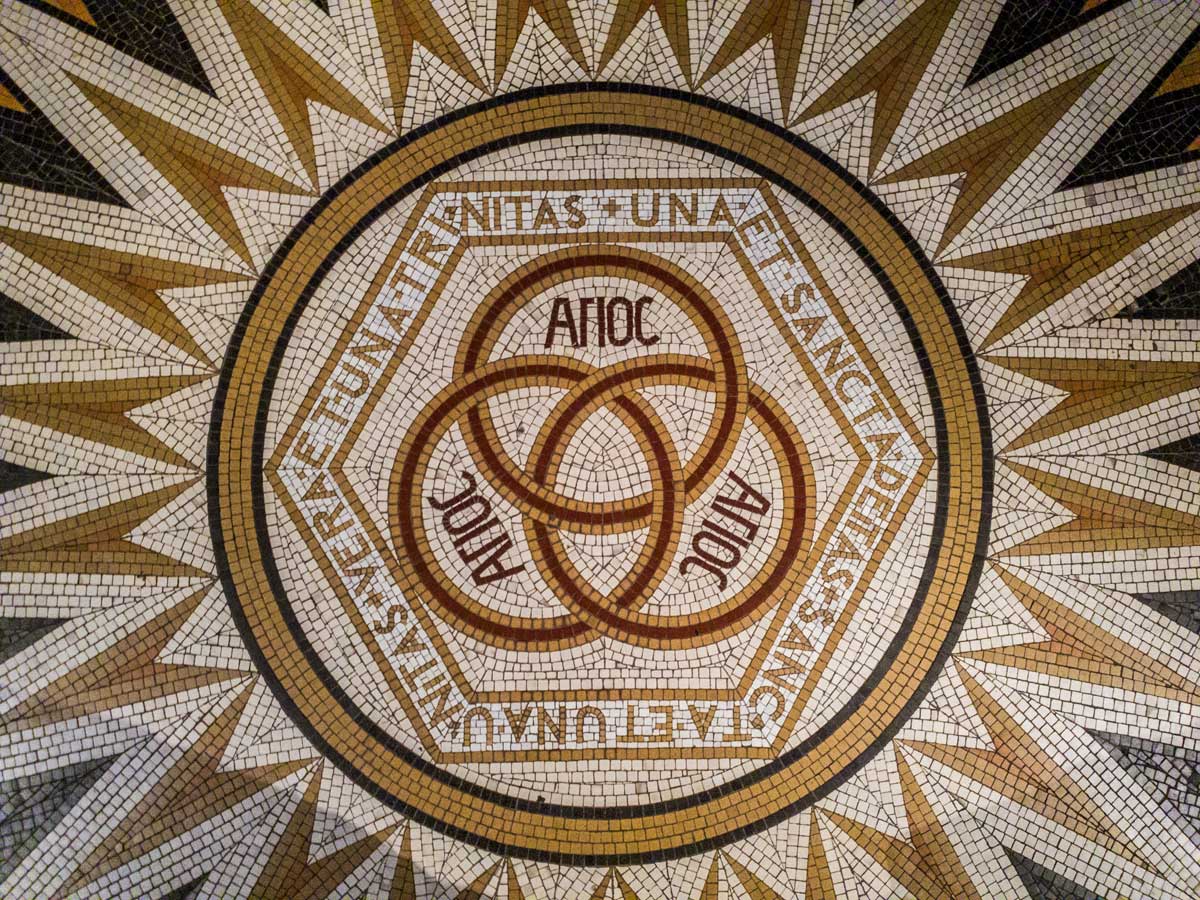Feature
As Goes Sweden
Neo-Pagan Family Policies Doom Any Recovery by Allan Carlson
My people come from the old Swedish province of Småland. It lies to the southwest of Stockholm: a landscape of hills, forests, and rocks. Indeed, the fields are so rocky that Småland has been called the "kingdom of stones." In some respects, Småland resembles the highlands of the American South: that long swathe of big hills that runs from western Virginia to southern Missouri and Arkansas. Småland is, in a way, Sweden's southern Appalachia.
And there are similarities among their respective populations as well. The Scotch-Irish became America's hill people—our hillbillies. Clan-oriented, they held strongly to the liberties they had won from centuries of border wars, primarily with the English (think of Braveheart).
Despite their material poverty, the Smålanders, too, fought for centuries to preserve their liberties. Unlike other parts of Sweden, Småland was never enserfed: no barons or lords ever ruled over my people, exacting feudal dues. The Smålanders were free peasants, owning the farmsteads that their ancestors had carved out of a harsh landscape. They gave allegiance only to their local, popularly chosen chieftains and—occasionally—to a king, if he had earned it.
The women of Småland were strong as well, long before the label "feminist" was coined. Physically, they were muscular, the result of hard work on hardscrabble farms. Legally, by ancient custom, these women held equal claim to land and other hard assets, relative to their husbands and brothers. In this regard, they were probably unique in all of Europe.

Stubbornness & Faith
The Smålanders were also a stubborn people. Once they embraced a faith, they held on to it. As Christianity spread into Scandinavia during the 900s, for example, theirs was the last part of Sweden to stay loyal to the old pagan gods of the North: to Thor, Odin, Freya, Loki, and the rest. In his fine historical novel The Long Ships, Frans G. Bengtsson describes the Swedes in transition from pagan Vikings to Christians. In this account, the Smålanders are the last, most violent, and most merciless of the pagans, known for killing or enslaving dozens of missionary priests. As one of these, Fr. Willibald, tells the hero of the book, Orm:
"I am not a vain man and do not hanker after fame or honor. Nonetheless, I should feel that my life's work had been well rewarded if I could become the first priest to baptize a Smålander. For there is no known instance of such a thing ever having been done before; and if it could be brought to pass, great indeed would be the rejoicing in Heaven."
In the book, Orm assists Fr. Willibald in gaining that first baptism, and heaven did rejoice. For by the end of the twelfth century, the Smålanders had become Christians, more or less, with loyalty to the bishop of Rome.
Early in the sixteenth century, though, the Swedes won independence from Danish rule. Their new king, Gustav Vasa, decided also to cast off allegiance to the pope of Rome, to follow instead the teachings of Martin Luther. Perhaps this was a genuine conversion. Or perhaps the king found merit in the Protestant disdain for ornamentation in churches. Certainly, he was happy to relieve the parishes of Småland and elsewhere of their jeweled chalices and golden crucifixes. As Lutherans, the king reasoned, the peasants would no longer need such idolatrous baubles.
Allan C. Carlson is the John Howard Distinguished Senior Fellow at the International Organization for the Family. His most recent book is Family Cycles: Strength, Decline & Renewal in American Domestic Life, 1630-2000 (Transaction, 2016). He and his wife have four grown children and nine grandchildren. A "cradle Lutheran," he worships in a congregation of the Lutheran Church-Missouri Synod. He is a senior editor for Touchstone.
bulk subscriptions
Order Touchstone subscriptions in bulk and save $10 per sub! Each subscription includes 6 issues of Touchstone plus full online access to touchstonemag.com—including archives, videos, and pdf downloads of recent issues for only $29.95 each! Great for churches or study groups.
Transactions will be processed on a secure server.
more on family from the online archives
more from the online archives
calling all readers
Please Donate
"There are magazines worth reading but few worth saving . . . Touchstone is just such a magazine."
—Alice von Hildebrand
"Here we do not concede one square millimeter of territory to falsehood, folly, contemporary sentimentality, or fashion. We speak the truth, and let God be our judge. . . . Touchstone is the one committedly Christian conservative journal."
—Anthony Esolen, Touchstone senior editor














